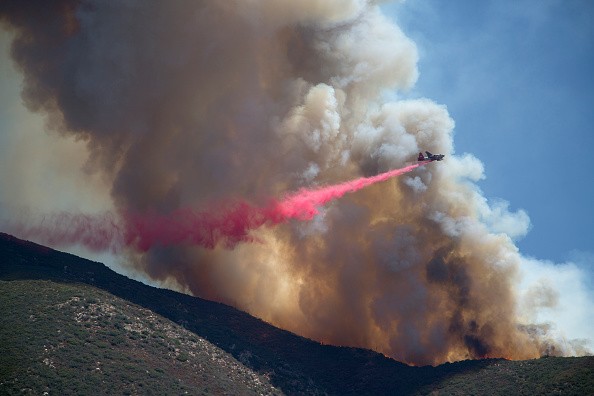The American College of Physicians (ACP) recently made a bold move to combat climate change by controlling man-made greenhouse gas emissions. It is asking the physicians and health providers worldwide for an aggressive and concerted action to combat climate change by advocating for effective climate change policies and create awareness in their respective communities.
In a policy paper published in Annals of Internal Medicine on April 19, Tuesday, the ACP said that the current climate change is slowly harming people's health due to the illnesses and infectious diseases that were brought on by the changing weather.
According to the leading group of doctors in the United States, the cases of respiratory, heat stroke and infectious diseases like cholera, dengue fever, and Zika virus, is increasing as the global temperature rise.
"We need to take action now to protect the health of our community's most vulnerable members - including our children, our seniors, people with chronic illnesses, and the poor," ACP President Dr. Wayne Riley, MD, MPH, said in a press release statement.
The group also urges them to observe the use of energy efficient strategies within their own practices and facilities, particularly now that the sector spends about $9 billion annually in energy costs, positioning them to the second-highest spot after the food industry.
Dr. Riley went ahead to say that office-based physicians and staffs can also play a role by taking action to achieve energy and water efficiency by "using renewable energy, low-carbon or zero-carbon transportation or by even expanding recycling programs." To date, the ACP has 18 international chapters spanning the globe.
The paper is said to be developed by the ACP's Health and Public Policy Committee, where it includes several recommendations based on the research data and inputs from its boards, councils and other specialists in the field.
ACP recommends that continuing medical education providers' and medical schools should integrate climate change-related coursework into their respective curriculum, in order for them to become more educated about climate change and its effect on human health.
Check out the video below for more information:



























